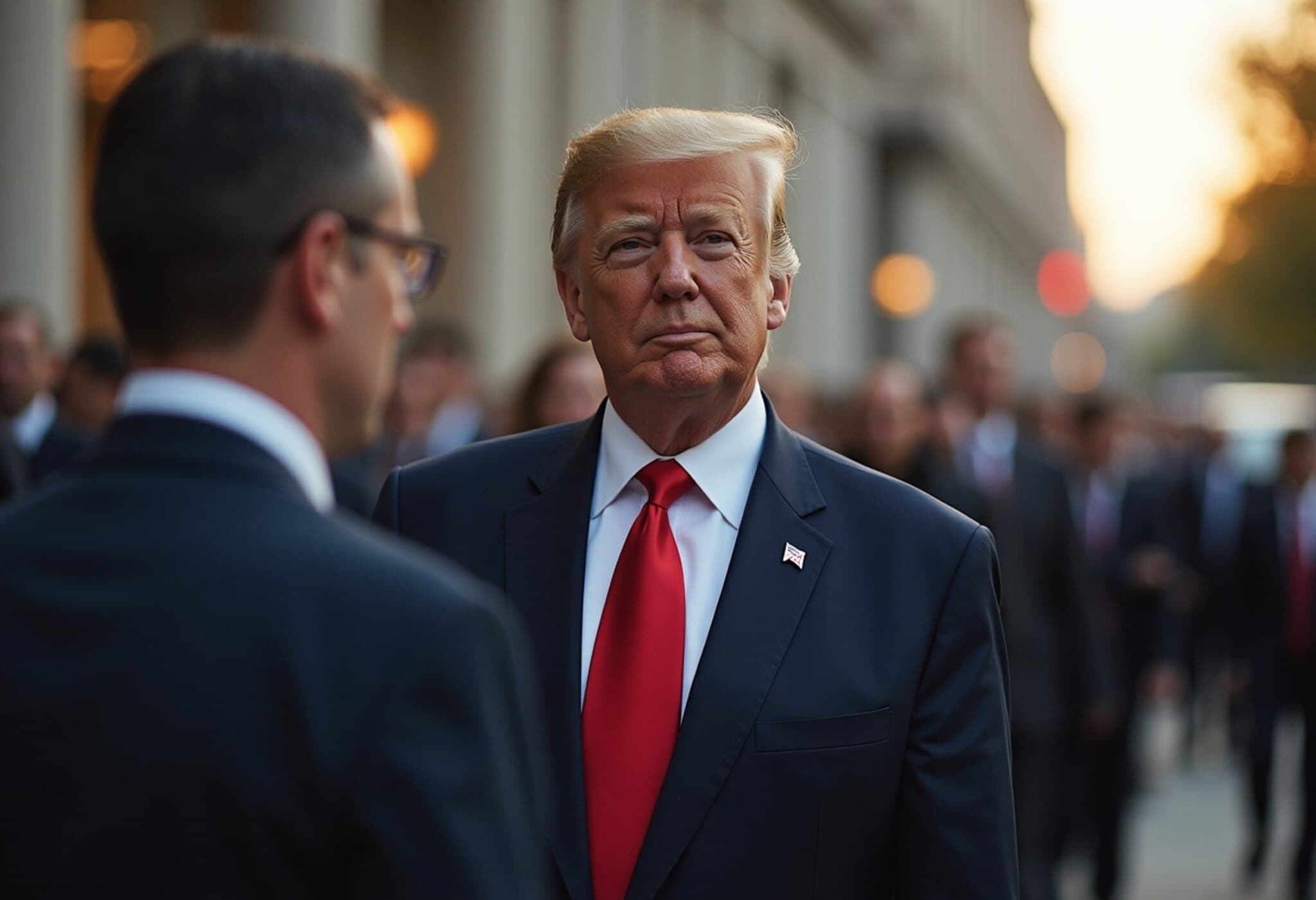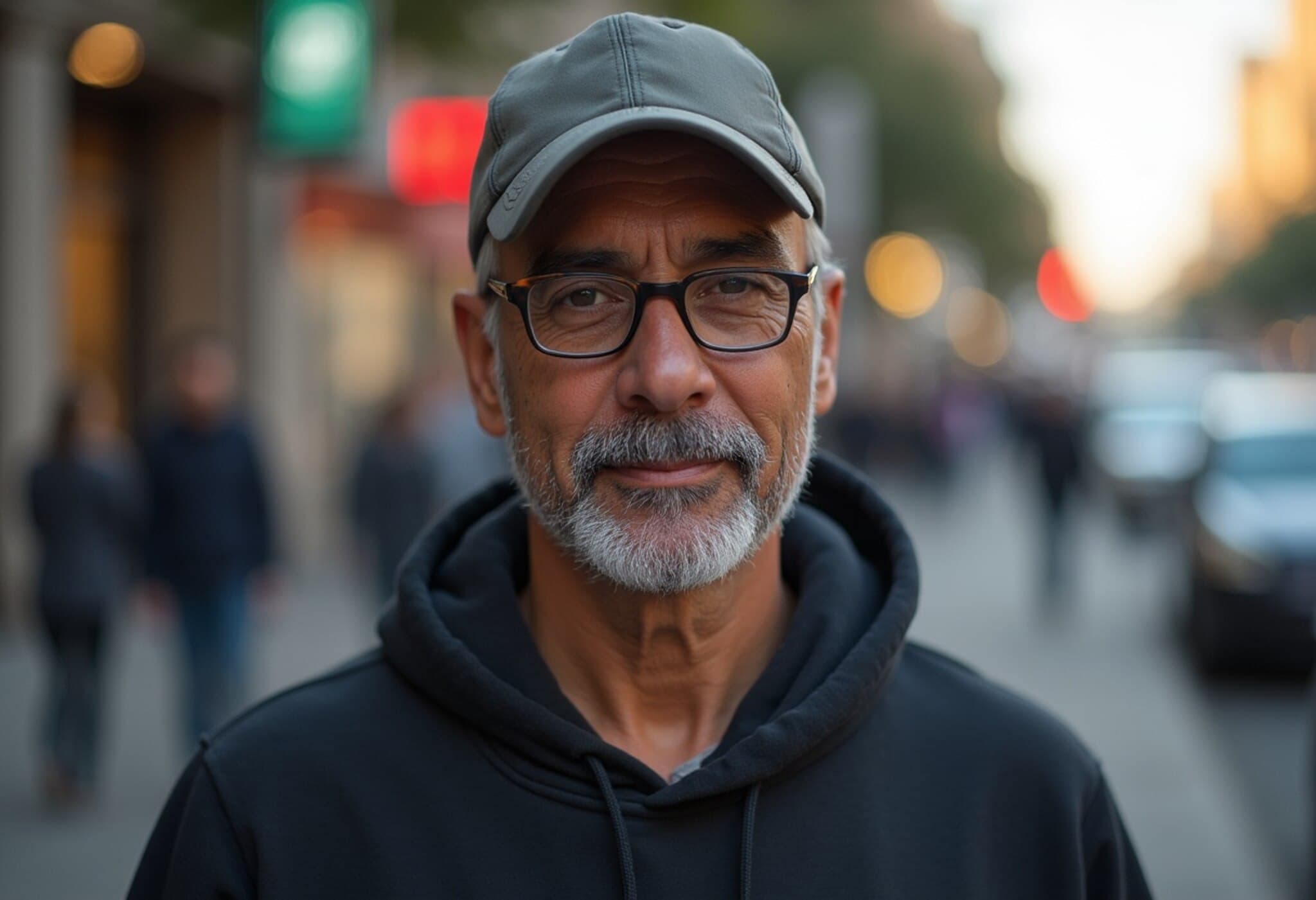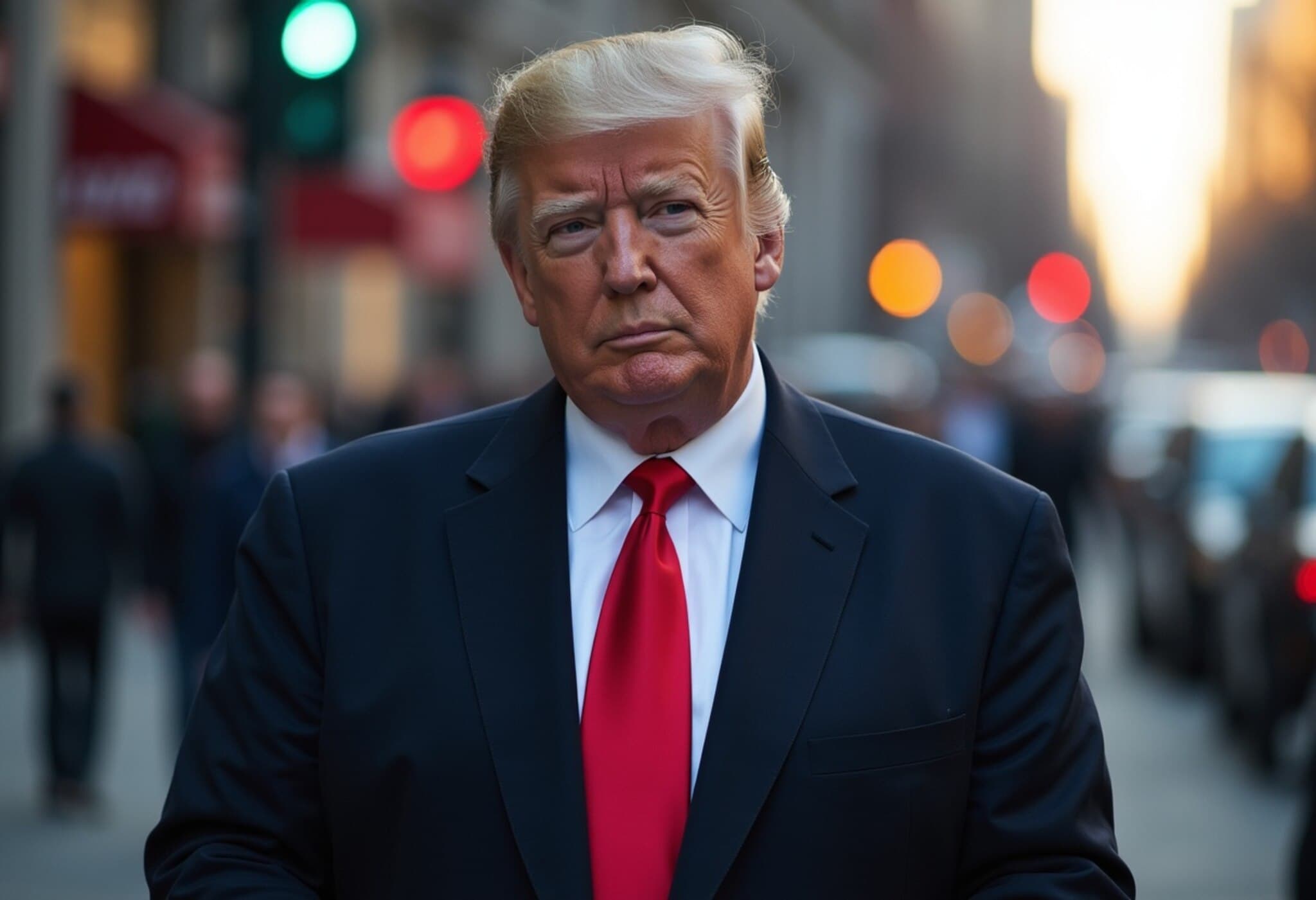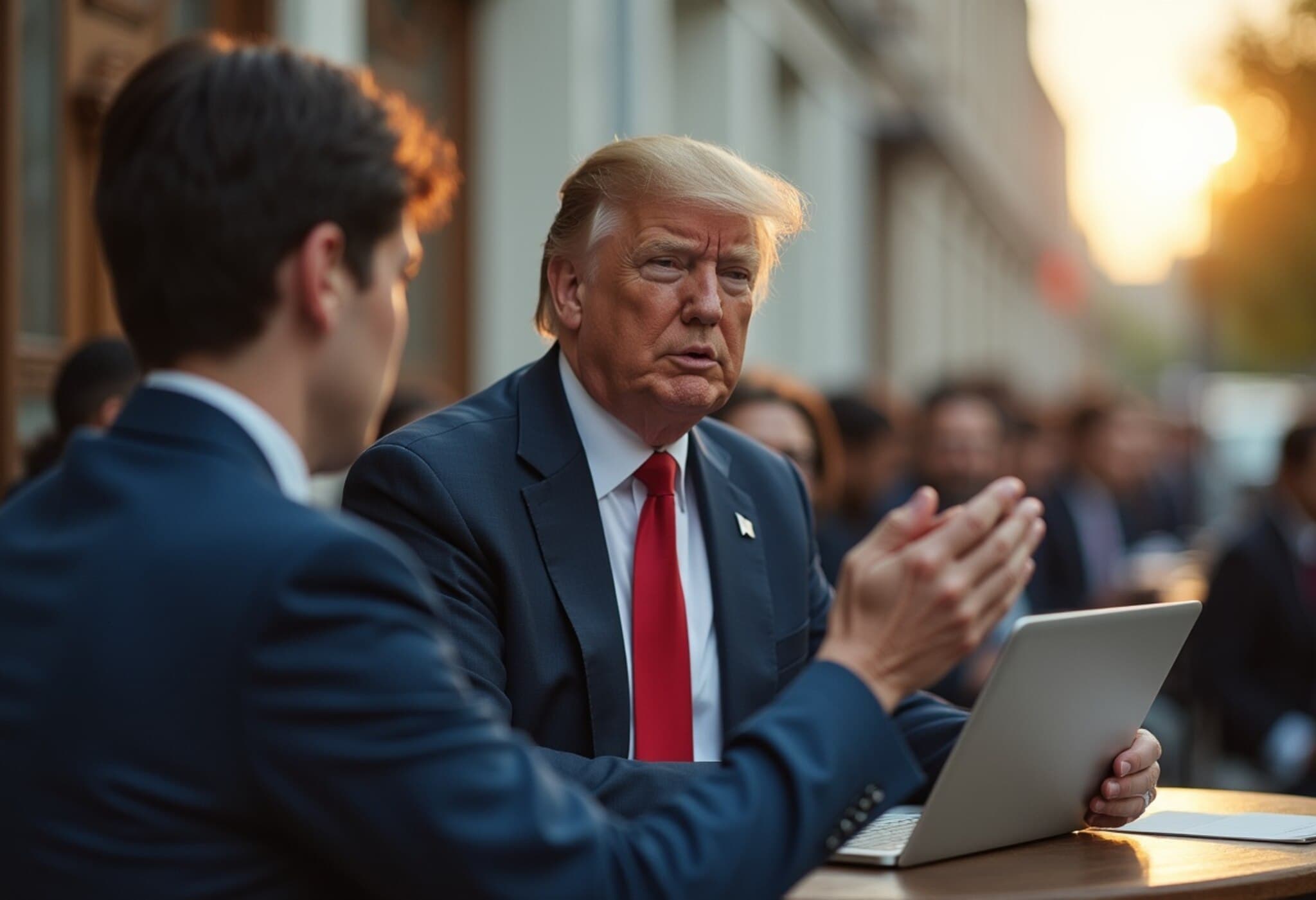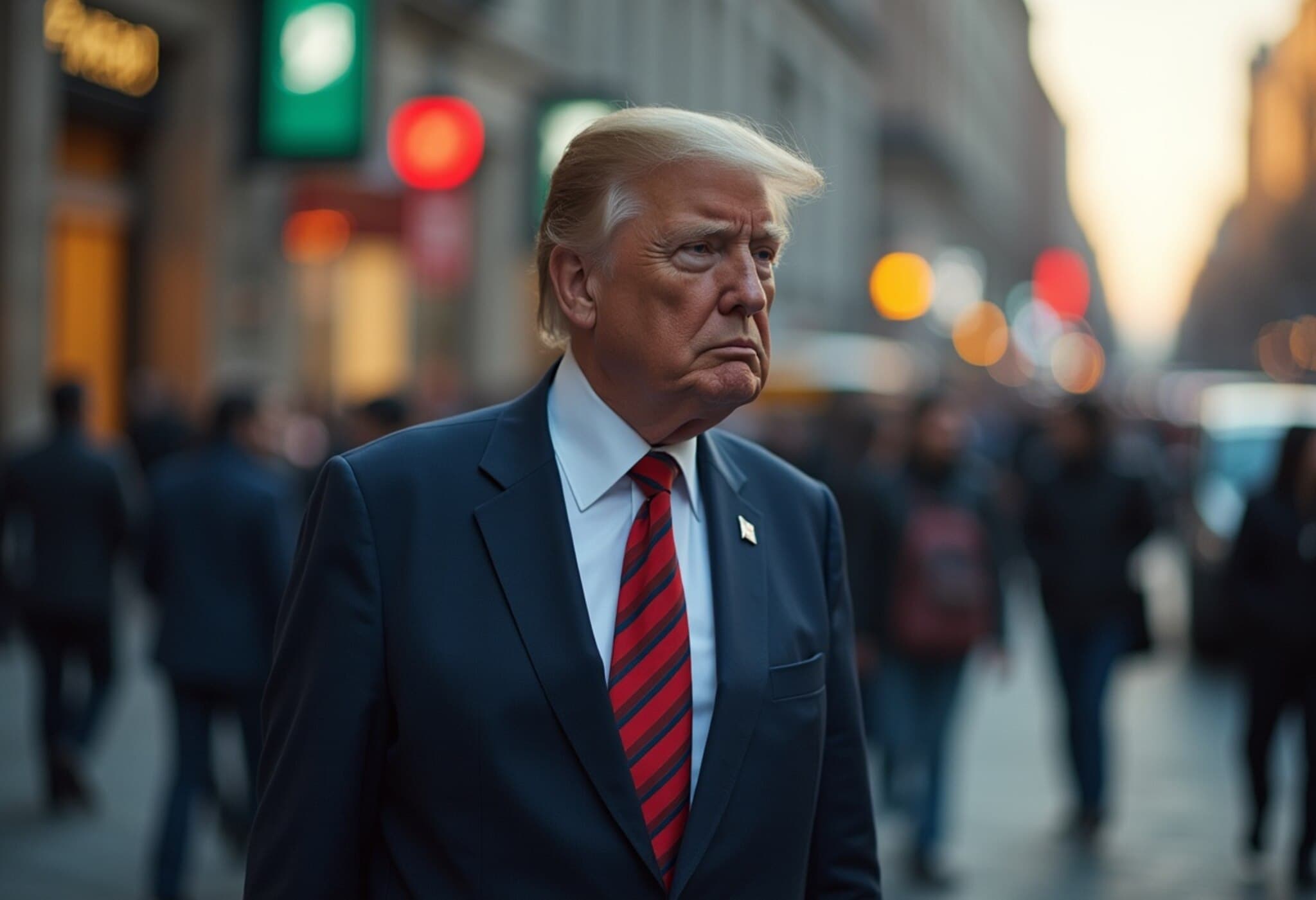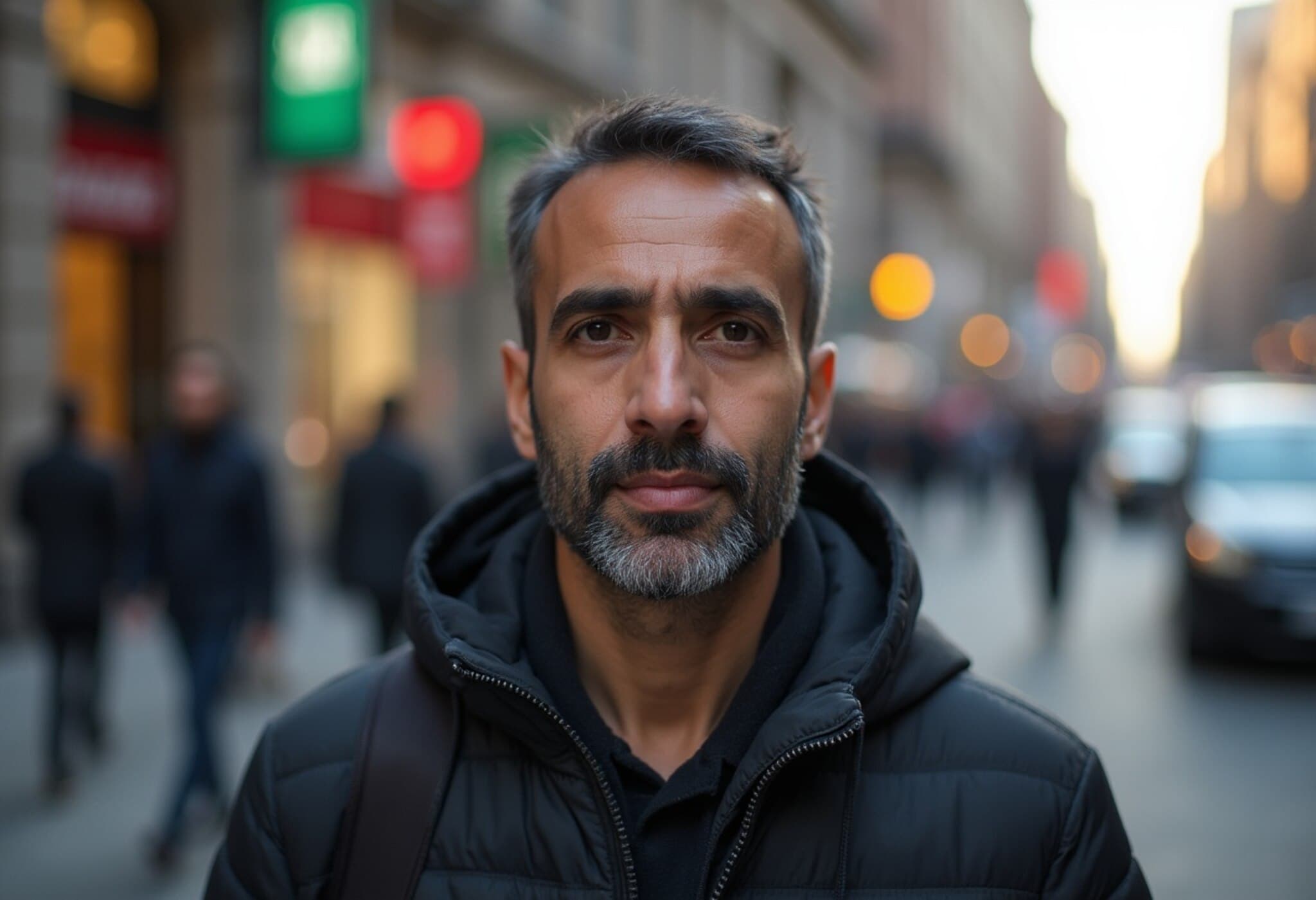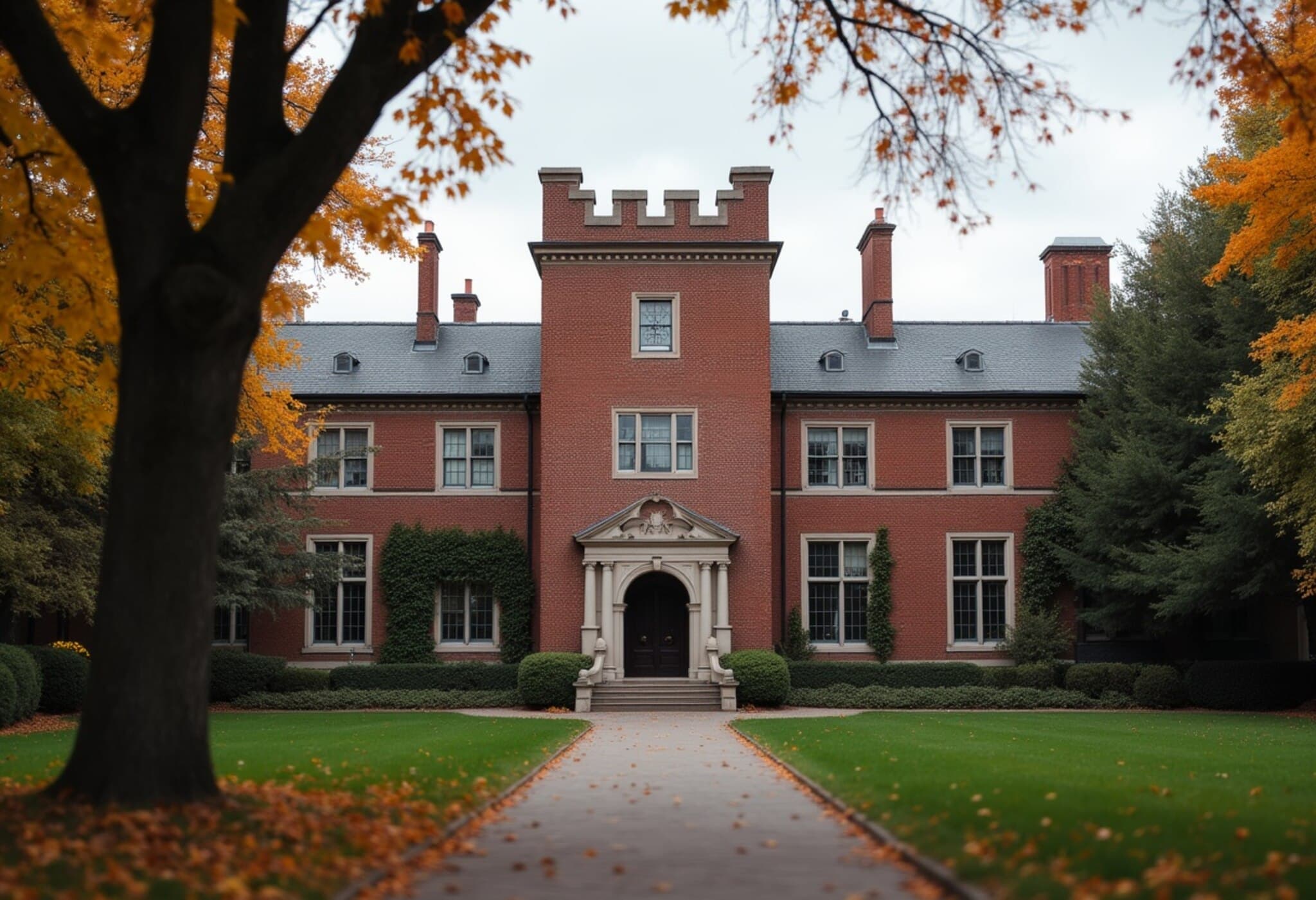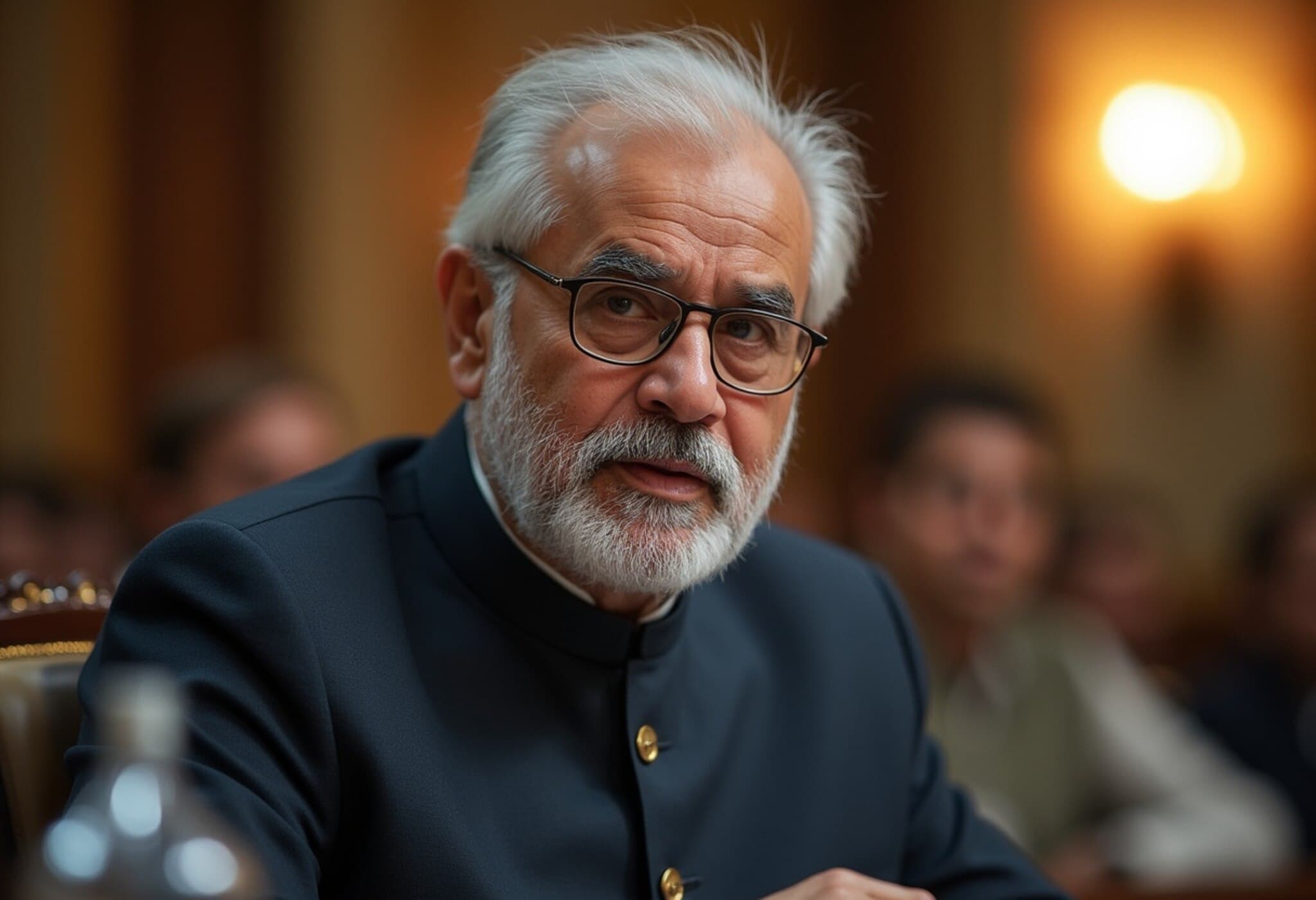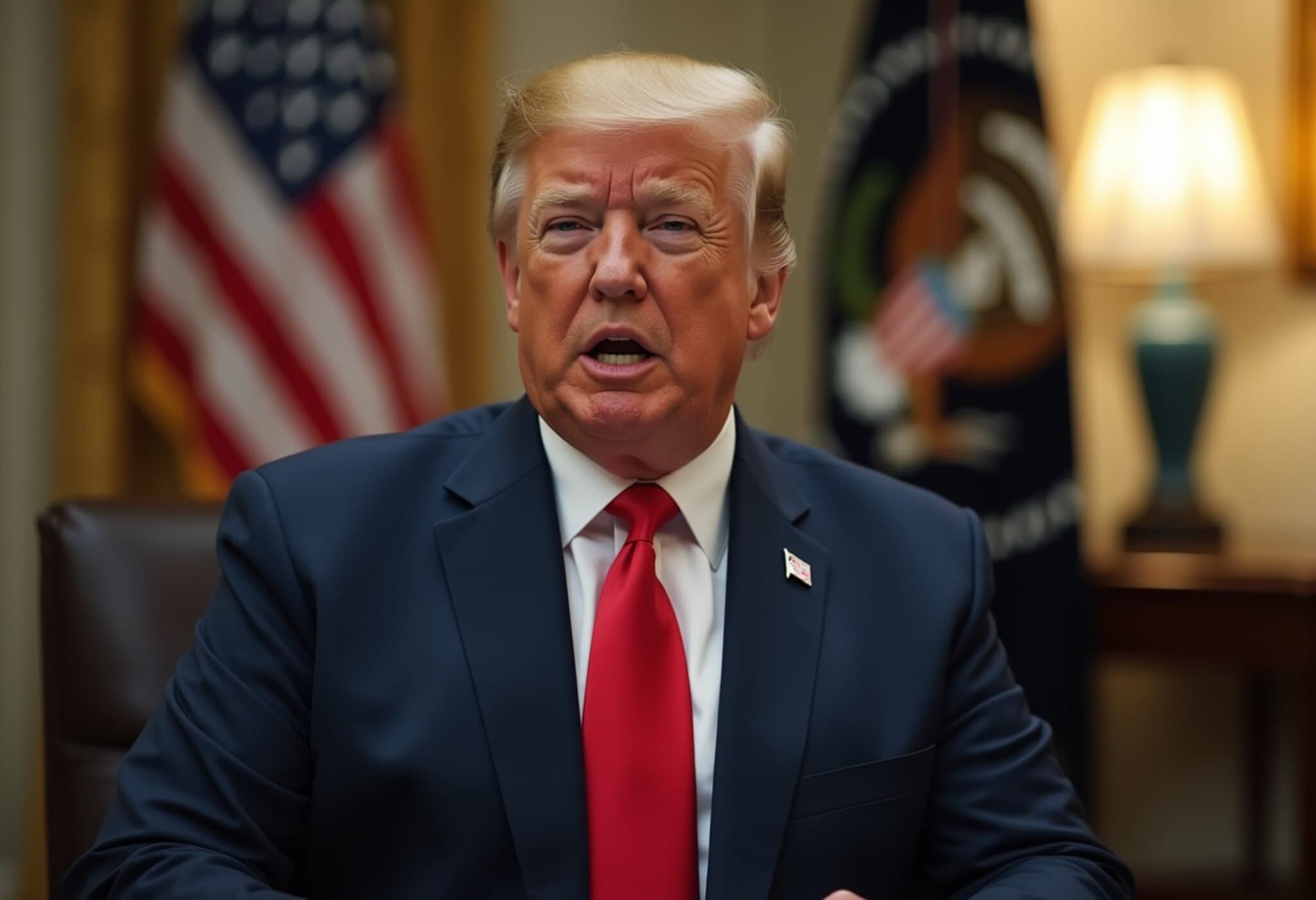US Visa Interviews for International Students to Resume with New Social Media Rules
The United States is set to reopen visa interviews for international students planning to study under F and M visas, as well as for exchange visitors holding J visas. However, a significant new requirement comes into play: applicants must make their social media profiles accessible for government review.
Enhanced Screening Measures Introduced
In late May, visa interviews were temporarily paused to implement stricter vetting procedures that now include a thorough examination of applicants’ online presence. According to a recent statement from the US Department of State (DOS), all students and exchange visitors applying for these visas must adjust their social media privacy settings to public, allowing consular officers to conduct an extensive screening process.
The Department emphasizes that the heightened scrutiny aims to identify individuals inadmissible to the US, especially those posing national security threats. The statement notes, "All applicants must credibly establish their eligibility and demonstrate intent consistent with their visa terms."
Security Concerns and Historical Context
These measures echo ongoing US federal priorities on national security, as echoed in the Department's reminder that a visa is a privilege, not a right. The backdrop involves several incidents in recent years where international students had their visas revoked due to alleged activism or other concerns—sometimes over minor infractions.
For example, in March, an Indian PhD student at a renowned university self-deported following the revocation of her visa linked to alleged campus activism. Since then, hundreds of F-1 student visas and SEVIS records have been canceled, sparking legal challenges and temporary injunctions to protect affected students.
Social Media Scrutiny: A New Frontier
Earlier this year, immigration authorities also announced that antisemitic activities on social media or physical harassment could be grounds for denying immigration benefits. This policy impacts foreign students, permanent residency applicants, and others affiliated with educational institutions.
While the introduction of social media screening surprised many, legal experts highlight that requiring public social media profiles is the most notable new element. One prospective student from Pune deleted her social media accounts altogether, but her attorney warned that not having an online presence might itself raise suspicion.
Legal professionals caution that the criteria for detecting hostility towards US citizens, culture, or government remain vague. This ambiguity leads to uncertainty regarding fairness and consistency in the visa review process.
Experts Voice Concerns Over Privacy and Academic Freedom
Some immigration attorneys describe the new regulation as authoritarian, arguing it could suppress free speech integral to academic environments. The broad surveillance of social media is seen as invasive and contrary to the open exchange of ideas essential for higher education.
Impact on International Student Flow
Currently, the US hosts approximately 1.58 million international students, with Indians comprising the largest group of about 420,000. Yet, recent trends show a waning interest in US education, attributed in part to stringent visa policies and increased scrutiny.
What This Means for Aspiring Students
- Prepare to make social media profiles public: Changing privacy settings is now mandatory for F, M, and J visa applicants.
- Maintain transparency: Deleting or hiding social media activity may trigger suspicion among consular officers.
- Beware of undefined hostility criteria: The vague guidelines on what constitutes disqualifying content create unpredictability.
- Consider legal guidance: Applicants should seek expert advice to navigate the evolving requirements.
In light of these developments, international students should approach the visa application process with increased awareness and caution, ensuring full compliance with new social media disclosure rules to avoid delays or denials.


